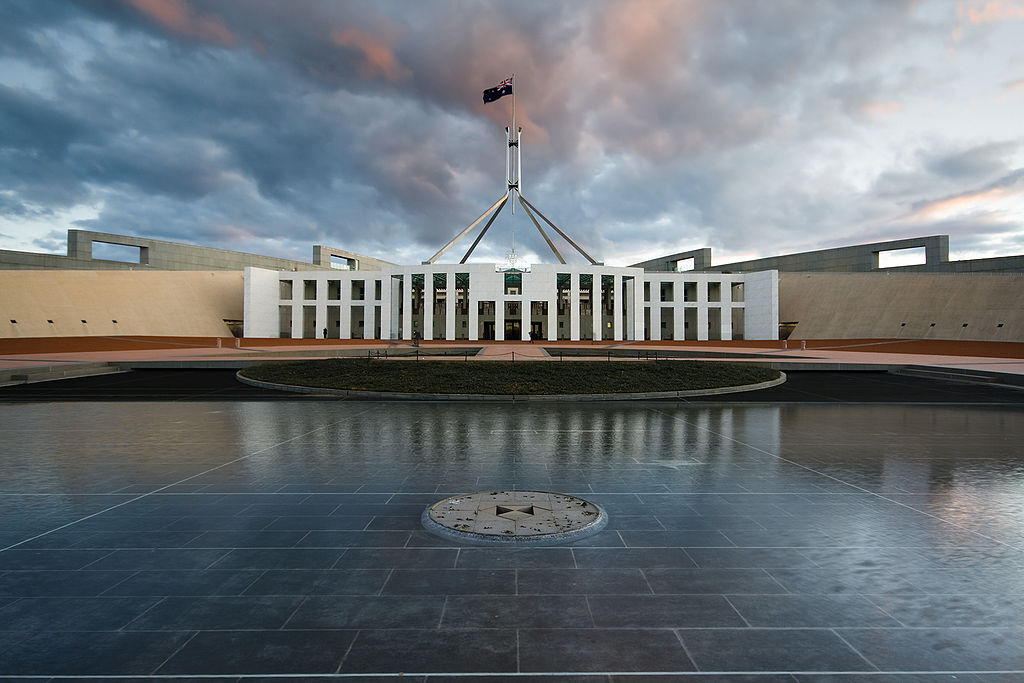Just who is setting the agenda?

Australian education policy has undergone massive change in the past decade, reflecting the broader turbulence of the federalism debate
Published 5 October 2015
Thepast decade has seen Australian schooling undergo radical surgery, with unprecedented national reforms in curriculum, teaching standards, testing and school funding.
This new era of national reform is not only transforming schools, but is also casting uncertainty over the powers and responsibilities of Australian governments in education.
Concerns are most acute for the states, which formally control schooling, but must now negotiate major reforms at the national level.
The division of state and federal roles is a central point of debate in review processes associated with the Reform of the Federation White Paper.

The review identifies education as a key area of concern, suggesting schooling has evolved into a complex web of overlapping responsibilities that undermines efficiency and jeopardises state sovereignty.
Important questions are emerging, therefore, about whether national reform is indeed undermining state governments and which level of government is ‘best placed’ to steer schooling.
Federalism and australian schooling
Schooling has always been a state responsibility in Australia, resulting in unique state policy formations and cultures.
Since the 1960s, however, the Federal Government’s influence has progressively increased and multiple national reforms have emerged.
The ‘twin effect’ of rising federal influence and national reform has seen schooling evolve into more of a shared responsibility between governments.
This has been bolstered by new forms of collaboration through intergovernmental channels such as the Council of Australian Governments (COAG) and the Education Council, which comprises state, federal and New Zealand education ministers.
Powerful new roles have also emerged for national policy organisations such as the Australian Curriculum, Assessment and Reporting Authority (ACARA), which has driven the development of the Australian Curriculum, National Assessment Program and the My School website.
The Australian Institute for Teaching and School Leadership (AISTL), which developed the national teaching standards, has also assumed an unprecedented policy role.
Heightened uncertainty for states
While the shifting terrain of reform has implications for all levels of government, concerns are exacerbated for Australian states, which formally control schooling and are held accountable for outcomes, but must now align with major national reforms.
My research at the University of Melbourne suggests a number of concerns are emerging amongst state policy makers. Three issues stand out.
1. Powerful new roles for national organisations
Organisations like ACARA and AITSL are powerfully contributing to the reshaping of schooling policy and are mediating state and federal relations through new processes of negotiation.
Policy makers at the state level view the rise of such organisations as a mixed blessing.
On the positive side, these organisations are driving the formation of new policy networks and forms of collaboration, which are leading to productive dialogue and sharing of ideas across states.
On the downside, some state policy makers believe the national standardisation of policy is undermining diversity and the capacities of states to govern autonomously.
2. Blurred lines of responsibility
While there are some strong arguments for national reform, the past decade has seen the lines between federal and state responsibility increasingly blur and overlap.
Several policy makers I interviewed said organisations like ACARA are generating confusion over the powers of state and federal governments.

As one policy maker put it, ‘it’s hard to know who’s in charge these days or even how national policies are getting made’.
Policy makers also said that because organisations like ACARA and AITSL are now ‘doing work’ traditionally done by the states, there is some uncertainty about the future of state agencies.
3. An uneven playing field
The terrain of national reform is also emerging in uneven ways, with some states dominating reforms and others less able to exert influence. It appears that not all voices and positions are equally heard.
As one Western Australian policy maker said, ‘there’s a sense building that powerful states are driving reform and the rest of us aren’t getting a say’, suggesting Victoria and New South Wales are dominating.
Policy makers in Victoria and New South Wales, however, also said they were not getting a good deal, suggesting they should get more of a say given they provide education for the largest number of young Australians.
Other policy makers expressed concern that the Federal Government and organisations like ACARA and AITSL exert too much influence over the states.
National reform, it seems, is revealing long entrenched differences and unequal power relations between governments.
An uncertain future
Australian schooling is clearly moving into unchartered waters, in which questions about who steers schooling are increasingly difficult to answer.
While national reform has great potential to make schooling more equitable, efficient and effective, it can also muddy the waters of governance and undermine Australian states.
A worst-case scenario for states would be a future re-positioning as simply ‘implementers’ or ‘service deliverers’ of federal and national objectives.
Such a future would portend a radical re-imagining of Australian federalism and would severely diminish the sovereignty of states.
The White Paper review, therefore, needs to devise a way forward that harnesses the benefits of national reform, but which guards against federal over-reach and ensures intergovernmental cooperation remains fair.
Banner image: Pixabay
